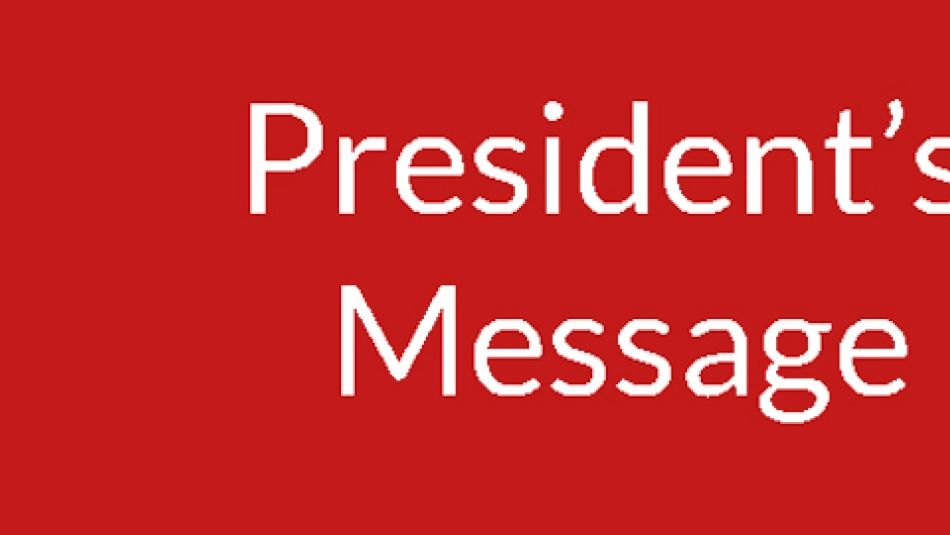
Share
Published in the Huffington Post Wednesday April 20, 2016
Two of Canada’s provinces that rely heavily on oil revenues are responding in completely different ways to the drop in oil prices.
Both brought down new budgets last Thursday. One is looking after its people through the tough times. The other is turning the screws on its hardest hit, just when they can afford it least.
I know which one I prefer.
The NDP government of Rachel Notley is showing the rest of Canada, and Newfoundland and Labrador in particular, that when tough times hit, we look after each other. Across the country, the Liberal government of Dwight Ball is showing no such compassion, bringing in tax hikes and service cuts that hurt those with the lowest incomes most.
Alberta inspires, Newfoundland does not.
To be fair, Alberta goes into this crisis in oil prices economically healthier than Newfoundland, with virtually no debt and lower unemployment. But it has seen oil revenues to the province drop by a whopping 85 per cent from just a year ago, to a 40-year low.
A right-wing government might have seen that as an opportunity to slash and burn their way through government services and spending, attempting to cut its way to prosperity on the backs of working people, low income families and the sick and elderly. We’ve seen it before.
The Notley government, however, has chosen to invest in the people of its province – knowing that putting Albertans to work will not only create jobs, but get the economy going. It has rejected austerity and in favour of job creation, infrastructure development and targeted investments.
Jobs are at the heart of the Alberta budget, which the government called the “Alberta Jobs Plan,” with $250 million going into creating a projected 100,000 jobs over three years, including $25 million for new apprenticeship and training opportunities.
Alberta will also help low income families struggling to offer a good life for their children with a child benefit paid out to families with the lowest incomes and reaching a projected 380,000 children, plus funding for improved and cheaper child care.
With the entire province suffering through low oil prices, it is reassuring to see a government reaching out to help its most vulnerable families, while investing in such things and infrastructure to get the economy going again.
If only it were the same story in Newfoundland and Labrador.
The province has seen a similar cut to its oil revenue. Oil royalties, which once accounted for 30 per cent of province’s revenues, have dropped to about seven per cent. That’s a tough hit, but the province’s response has been even more difficult to swallow.
The gas tax doubles to 33 cents a litre, while the harmonized sales tax is going up two points to 15 per cent. Fees for provincial ferries, which many rely on, are also going up.
Meanwhile, courthouses are closing, healthcare programs are being cut and 10 infrastructure projects are either on hold or cancelled. There’s also a deficit reduction levy that will hit the pocketbook of every working person in the province.
It’s the complete opposite of what Alberta is doing while facing much the same problem of a drop in oil income. Instead of putting money in people’s pockets, Newfoundland and Labrador is taking money out. Instead of stimulating the economy more, it is cutting back on what stimulus it had.
The Mayor of Burgeo on the island’s south coast said the budget will hit her community’s low income families the most, since they already have so little money to spare. The St. John's Status of Women Council warned that closing courthouses will put women at risk by denying them access to justice. At a rally in St. John’s, a woman described how the new budget would make it difficult for her young family to meet its mortgage payments.
In difficult times, government of Newfoundland and Labrador is only making the lives of working people more difficult. It need only look across the country to see how another province is reacting to the same crisis in oil – with help through today’s difficulties, and hope for the future.
Rachel Notley has provided a blueprint for compassion in difficult times – one that others should follow, starting with Newfoundland and Labrador.


